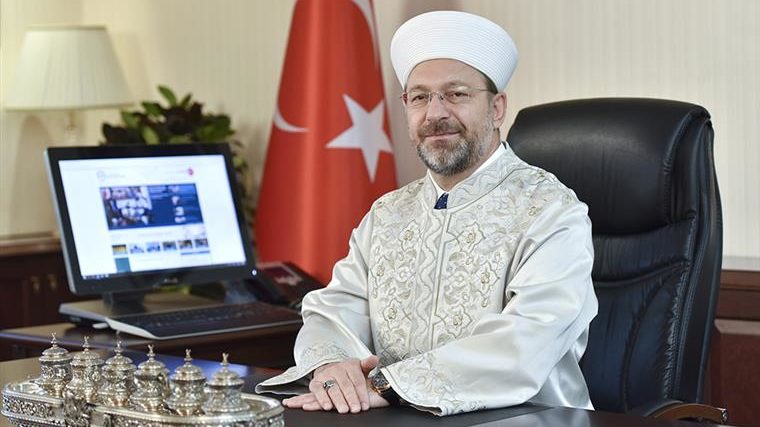Is Turkey’s Accession to the European Union Dead?
Al-Arab, London, September 21
Last August, The Economist editorial board suggested what most of us have known and believed for a long time: that Turkey’s EU accession process is dead. The Turkish government was quick to respond. In a letter published by Turkey’s Deputy Foreign Minister and Head of EU Affairs Faruk Kaymakci, the Turkish government claimed that “the European Union doesn’t have the luxury of rejecting a more democratic Turkey, which would fulfill all objective criteria required for membership.” Truth be told, Kaymakci’s point was a valid one. But the fact remains that the option of a “more democratic Turkey” doesn’t exist. In fact, the opposite is true. Once again, the prominent role that Turkey’s Directorate of Religious Affairs plays in the 2022 budget is underlined, with the directorate’s allocations exceeding those of seven ministries, including the Ministry of Interior, the Ministry of Foreign Affairs, and the Presidency. This aligns with President Recep Tayyip Erdoğan’s long-stated intent to create a “religious generation,” which is reflected in the Turkish school curriculum. This also includes a reference to Turkish domination of the world and the new world order under Islam. The prominent role played by the directorate, particularly its president, Ali Erbaş (who has just been reappointed), is reflected in the way Erbaş has supported the government’s plans to control social media. Turkey is an ostensibly secular country. In any case, both the preamble and Article 24 of the Turkish Constitution state that no one is allowed to exploit religion for the purpose of personal or political influence. However, this has been the case since Erdoğan’s ruling Justice and Development Party came to power in 2002. Accordingly, former AKP MP and columnist Rasul Toson has argued that the principle of secularism should either be removed from the constitution or redefined, so as not to prevent religious people from practicing their religion. The imam of Hagia Sophia also believed that secularism should be removed from the constitution and that the republic should be returned to “factory settings” when there was no secularism in 1921 and 1924. In a recent ceremony marking the beginning of the judicial year, President Erdoğan announced that he would put forward plans for the drafting of a new constitution in the first few months of 2022 and that a referendum would be held if necessary. The president of Turkey’s Supreme Court of Appeals also supported the proposal. So in 2023, the centenary of the founding of the Turkish Republic, Turkey can be equipped with a new Islamic constitution. –Robert Ellis (translated by Asaf Zilberfarb)

